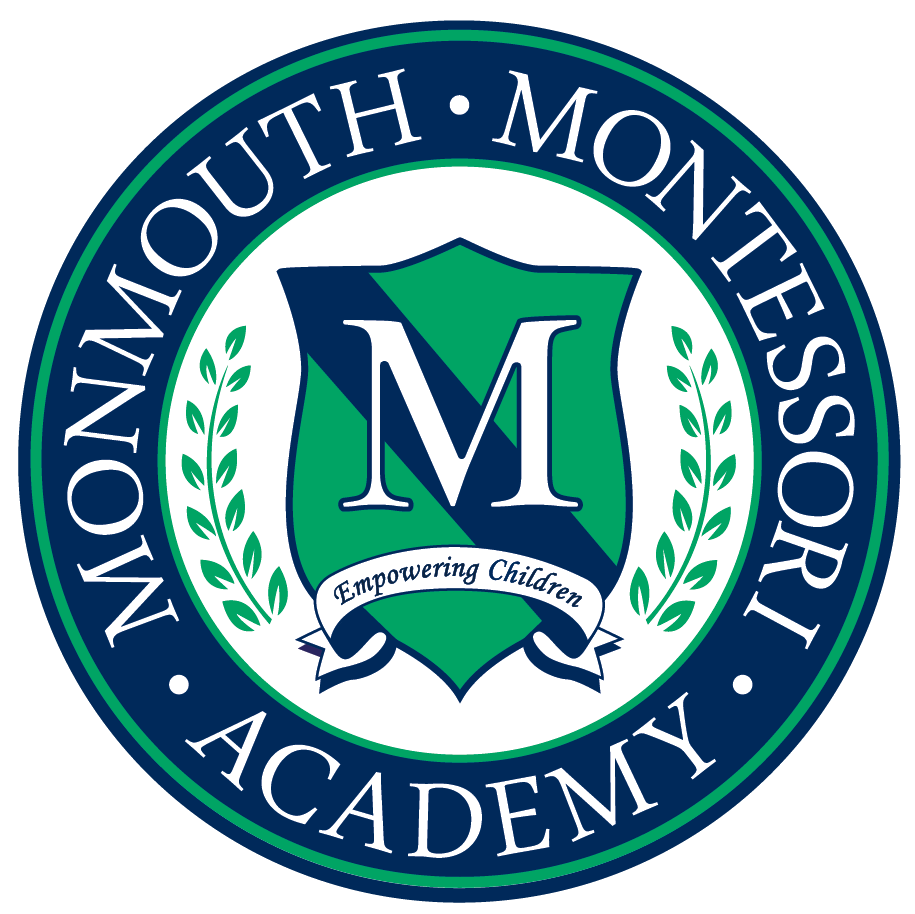Primary Program
“The things he sees are not just remembered; they form a part of his soul.” - Maria Montessori
The Primary Program consists of children from ages 3 to 6. Kindergartners are the leaders as they are the oldest in the class. Educating children of different ages together provides unique opportunities for individual development. Younger children are fascinated by the activities of older children and learn from them by imitation and interaction. Older children experience leadership and mastery of their environment as they initiate activities and take on more responsibility. They experience what it feels like to be a leader, and how to nurture and encourage someone who is less skilled than they have become. At the same time, they continue their own learning as there are no upper limits to the curriculum. Both younger and older children enjoy a sense of achievement and build confidence that lasts a lifetime.
The beauty of Montessori is that the students learn by doing. The concrete materials in the classroom allow students to explore the world through their senses, through touch and motion, and by observing and engaging with others. The hands-on approach to learning gives children the opportunity to experience the world of knowledge in a way unlike traditional education. Students work with specially designed materials, manipulating and investigating until they master the lesson inside. As children are ready for each new challenge, teachers guide students through the curriculum, introducing lessons and then letting children practice and explore what they have learned. As children grow, the classroom materials grow with them, continuing a thirst for knowledge in new and exciting ways, growing richer and deeper in thought.
The 3-6 year old goes through an intense period of change, including the transition to cooperative learning with other children and more complex social interactions. They will experience an explosion in learning, leading to beginning skills in writing and reading, the dawn of number sense and the infrastructure of math, along with great changes in motor and physical development.
Our teachers will respond to your child's growing changes in social, emotional, cognitive, and physical development with lessons that are appropriate and challenging to support growth and emerging capabilities.
Practical life
Practical Life work is a crucial part of the Montessori classroom, allowing children the opportunity to participate and practice everyday life activities. The child learns how to accomplish practical skills and becomes empowered to feel a sense of purpose and belonging to their community. The four areas of practical life include: Caring for the Self, Caring for the Environment, Grace & Courtesy and Movement of Objects.
SENSORIAL
Sensorial work serves the purpose of providing the child with clear and tangible information about his/her environment. It is through the child’s senses that they are able to explore and understand the world around them. Through specific sensorial materials, the child is able to identify, make sense of, and adapt to the environment.
CulturE/Sciences
The cultural curriculum in Montessori provides an opportunity for the child to explore and understand the greater world. This rich area includes studies of different cultures around the world, geography, botany, earth science, physics, zoology and social studies.
Language
The Language section of a Montessori classroom is designed to help the child learn to read and write in ways that are natural and intuitive to the child. The specific materials allow for the understanding of expression and communication, development of thought, as well as developing skills in organization and classification. Having the language to use and the ability to articulate thoughts, the child builds confidence through the mastering of the language materials.
Mathematics
Math is one of the most beautiful and profound subjects in Montessori, with materials that allow abstract concepts to become meaningful and tangible. There are several main families of math that are present in the Montessori environment: arithmetic, geometry, statistics and calculus. The concepts start with numeration, the decimal system, computation, the arithmetic tables, whole numbers, fractions, and positive numbers, and expand into more abstract and complex concepts as the child’s understanding advances.

































